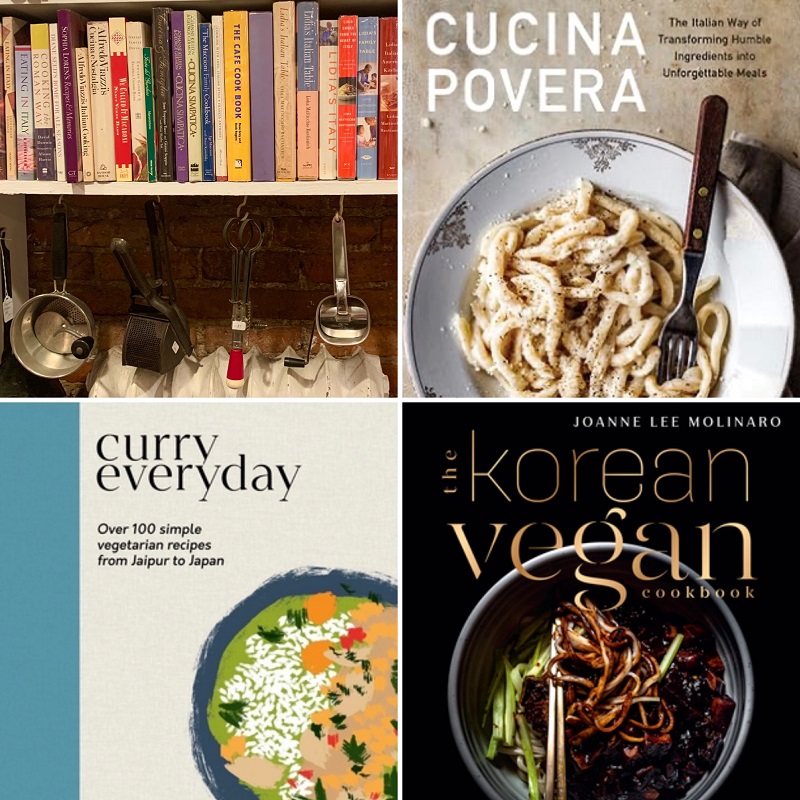Fiction Versus Non-Fiction
First of all, my qualifications to comment on non-fiction books are virtually nonexistent, having read only 11 of the 100 Top Non-Fictions Books of All Times, most of which were compulsory for some course or another.
Having said that, there is no doubt that Betty Friedan and Germaine Greer had a tremendous influence on me in the ‘70s, as did Aldous Huxley, Marshall McLuhan, and Timothy Leary before them, and Steven Hawking more recently. I did go on a run of autobiographies in my early 20s, but reading about other people’s lives got boring once my own life got going. Otherwise, six or seven BooknBrunch selections are the only non-fiction books I have read in ages—enjoyed two, hated one, and tolerated the rest.
The fact is that absolutely any question that enters my mind, deep or dopey, can be answered in an instant with a couple of clicks. My innate curiosity has gotten me lost in a labyrinth of links for hours on end on countless occasions, picking up knowledge by the bucketful on any subject known to mankind. Moreover, the journey can begin on seeking a recipe for instance, and wind up in a far away land learning about tribal markings or spearfishing or truffle hunting or the secret to cooking puffer fish; you name it. The book will never be written that can do that. In fact, because the web is the better way to get information, I can have immediate access to the contents of any of the books on the aforementioned list. How cool is that?
Mainly I read for pleasure, for the opportunity to shake the shackles of reality and let my imagination soar. I also read for enlightenment, and sometimes for pure escapism just to pass the time. That’s when pulp fiction serves its purpose. I don’t have any particular preference regarding genre, providing the writing is good. Which leads to the subject of subjectivity.
There is one type of book that seems to straddle the line between fiction and non-fiction, and any book by Michael Crichton falls into this category. The man was a prolific writer, over 30 books in print. Whatever the central theme of the tale he was telling, you got a crash course on that topic—genetics, technology, airplane construction—told in layman’s terms and within the context of the narrative. As good as he was at researching his material, he was no slouch as a spinner of yarns, masterfully stretching the suspense to the point of pain. In fact, many of his books have been made into movies, which were usually box office hits as well. I wish there were more of this kind of book, the best of both worlds so to speak.
Whether you prefer fiction or non-fiction is a matter of personal taste. Case in point, contemporaries F. Scott Fitzgerald and Ernest Hemingway could not have been more different in style, yet they were both prominent authors of their era. Many people loved The English Patient specifically for the writing, but I could not push past the first 30 pages and that was a Booker Prize winner.
It just goes to show that there can never be a definitive conclusion as to what is good and what isn’t, and I think that applies equally to both fiction and non-fiction. Like everything in life, beauty is in the eye of the beholder and my eyes have always favoured fiction. A good story well told.
Whether your preference is fiction or non-fiction, check out our Brookstore for a great selection of both genres.
Laura Vincent recently settled into retirement, doing a bit of writing, a lot of service and smelling the roses along the way. A plan is afoot to explore Europe on a Eurail Pass – one last great hurrah so to speak.
Favourite book: The Chrysalids by John Wyndham
Favourite brunch spot: Rocco Restaurant & Bar




